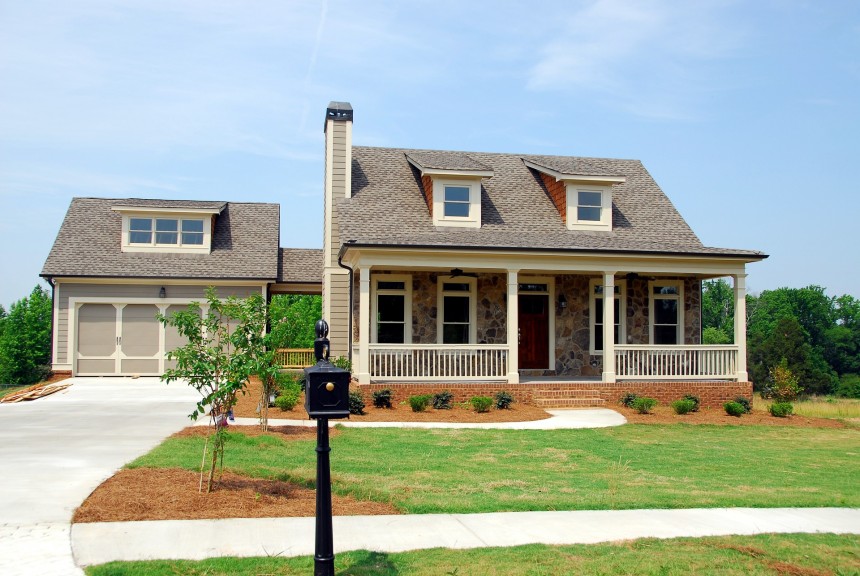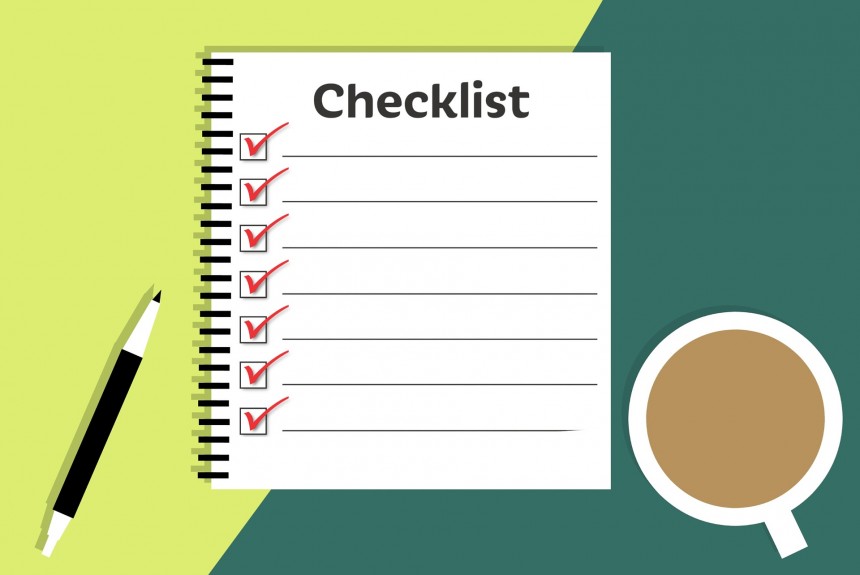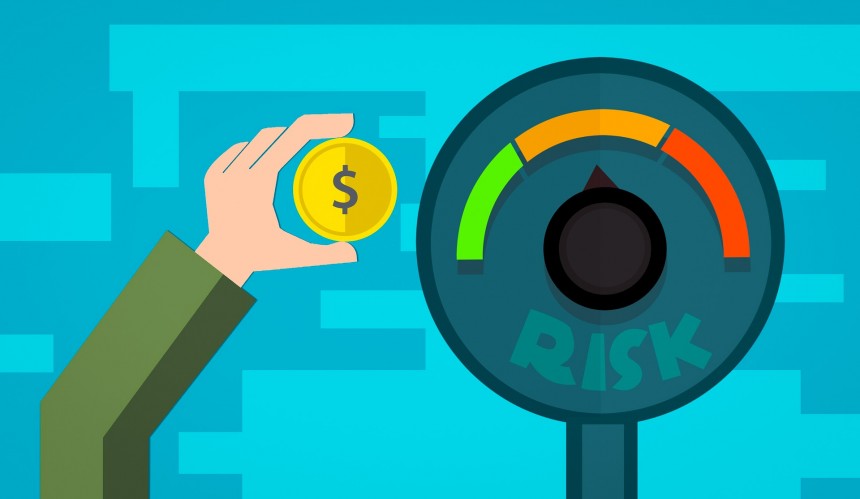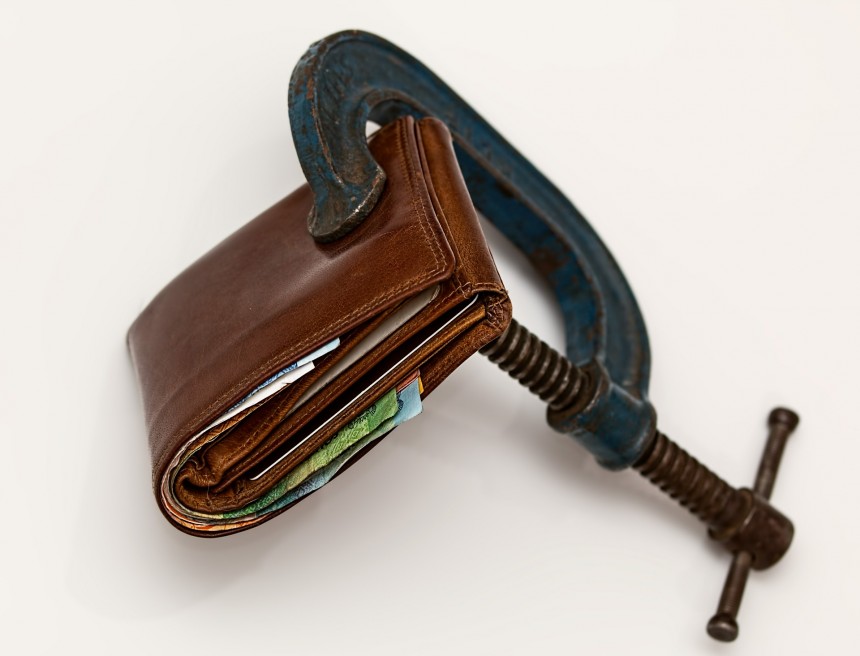
Various Types of Mortgages
Various Types of Mortgages
The different types of mortgages include fixed-rate, variable-rate, open and closed.
A fixed-rate mortgage is one in which the interest rate remains constant for the entire term of the mortgage. This means your monthly payments remain the same throughout the life of the mortgage.
Variable-rate mortgages are ones where the interest rate fluctuates with the prime lending rate. The prime lending rate is set by the Bank of Canada and charged to large financial institutions.
An open mortgage is one in which you do not have to pay down your balance when you make monthly payments or prepayment for any other reason. You can also borrow against the equity in your home at any time. There are different types of open mortgages such as a variable-rate open, and a fixed-rate open.
A closed mortgage is one where you make monthly payments towards your own borrowing and the bank will not allow additional borrowing against the equity in your home or let you take out any additional loans or lines of credit until the end of the original predetermined term.
Different types of mortgages can sometimes include a pre-payment penalty when you choose to prepay your mortgage, which means that you will be charged if you pay it off in advance. There may also be an administration fee charged for originating the mortgage or doing any changes to the mortgage over its original term.
A high ratio mortgage is defined as one where the purchase price of the home plus the cost of purchasing land is greater than 80% of the property's appraised value. These are insured by CMHC, which means you have to pay a higher premium for your insurance.
A low ratio mortgage is one where your down payment plus closing costs exceed 20% of the appraised value.
In a high ratio mortgage, when someone applies for a mortgage from a financial institution they have to have the down payment and closing costs covered in full by insurance. If they do not, then they will need a low ratio mortgage in order to be approved for a loan.
A line of credit is where you can make a withdrawal from your own line of credit when you need it. This is different from a mortgage in that you do not have to make monthly payments, although you can decide to repay the balance at any time. You only pay interest on the amount borrowed and no principal.
A fixed-rate line of credit has a fixed rate of interest.
A variable-rate line of credit is one where the rate of interest fluctuates with the prime lending rate.
The credit score is how lenders measure your risk as a borrower. The higher your credit score, the more likely you are to be approved for a loan since you are less of a risk to them. FICO scores range from 300-850. The higher the score, the lower your risk of default and vice versa: the lower your score, the more likely you are to be a borrower with high credit risks.
Credit bureau is an agency that collects data on individuals and reflects it in reports known as credit files or credit reports. This information can include personal details such as your name, address, previous addresses, employer information and personal credit history.
Advantages of mortages
Mortages have various advantages including that they allow you to purchase the home of your dreams, raise capital for investments or other purposes and build equity. You can also get an insured mortgage, which means you do not need a down payment to be approved for a loan.The monthly payments remain the same throughout the mortgage term; this makes it easier to budget since you know exactly how much you will be paying every month.
They come with various terms, which can vary between 6 months to 10 years, and the shorter the term the lower your monthly payments. You also get a fixed or variable interest rate on your mortgage, depending on what suits you best. The advantage of having a fixed interest rate is that it will stay the same until the end of your term. This makes it easier to budget since you know that your monthly mortgage payments will not increase over time.
Advantages of mortgages include that they cover closing costs, property taxes, home insurance and maintenance fees. They also work as an investment in the long-term for your family's future since they build equity over time.
Disadvantages of mortages
The main disadvantages of taking out a mortgage to finance your home's purchase are that you will have monthly payments, which can make it difficult to budget especially if unexpected expenses arise; there may be prepayment penalties; and you cannot sell the house until you've paid off the entire mortgage.
There may also be unexpected costs, such as legal and appraisal fees and inspections which you need to pay for before the closing date. If you end up wanting to sell your house before you've paid off the mortgage then you will have to deal with prepayment penalties, which is when your financial institution charges a fee in order to get back the balance of principal and interest that you owe them.
You also need to be able to qualify for a mortgage according to the financial institution's requirements, such as your credit score and income. Mortgages can only be insured by Canada Mortgage and Housing Corporation (CMHC).
How to select the best mortgage for your needs
It is important to consider all of the above factors, as well as the total cost of the mortgage over its term. You should also take into account how long you plan on living in your house before selling or renting it so that you are able to pick a mortgage with an optimal term.
The best type of mortgage is the one that best meets your needs, which is why it is important to make a list of all the factors you want in your ideal mortgage. Keep in mind that often there are tradeoffs involved when deciding on different financial products.
In Canada , there are various types of mortgages available to suit various needs, including variable rate mortgages; fixed rate mortgages; open mortgage; construction financing; and low-ratio (high loan-to-value) mortgages for new builds.
Variable rate home loans allow the interest rates to change over time according to market conditions, which means that if you get a variable rate mortgage your monthly payments can increase or decrease. However, you do get a lower interest rate in the beginning of the term and this is beneficial if rates go up over time.
Fixed rate mortgages, as their name implies, have fixed interest rates for a certain period of time (such as 2 years). This gives you an opportunity to budget the costs because you know exactly how much your payments will be every month.
Open mortgages are term mortgage loans where the borrower can pay off the loan at any point without paying prepayment penalties, which is beneficial if you want to renegotiate or sell your house at a certain time.





